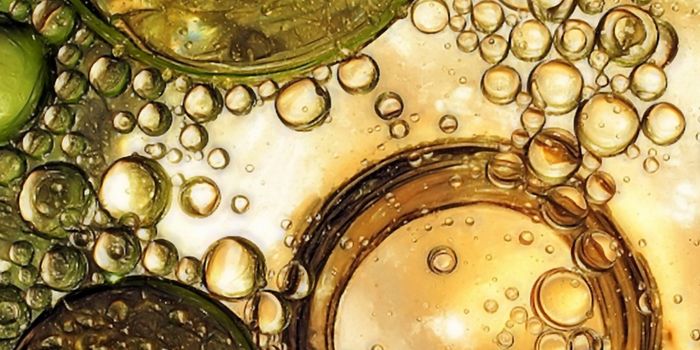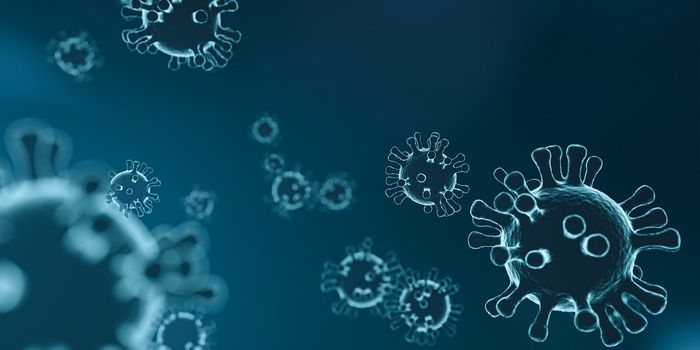Farming natural killer exosomes to fight cancer
New research published in Advanced Science from scientists at the University of Michigan Rogel Cancer Center and U-M College of Engineering highlights development in cancer-fighting efforts. The research details how the exosomes of natural killer cells (NK cells) can be targeted, harvested, and redirected to attack cancer cells.
"Exosomes are small sacs of proteins and other molecules that are naturally released by almost every type of cell in the body," says co-author Yoon-Tae Kang, Ph.D. "In this case, we wanted to expand our understanding of NK exosomes and try to harness their cancer-killing potential."
Because of their small scale, NK exosomes offer a unique opportunity to infiltrate cancer cells. They are also more stable and easier to modify for therapeutic purposes than NK cells themselves, explain the researchers. To take advantage of this, the group showed that it is possible to capture NK cells on a microfluidic chip from patients with non-small cell lung cancer and use them to "farm" NK exosomes.
"The advantage of exosomes is that they're organic, native to your body," says co-senior study author, Sunitha Nagrath, Ph.D. "We didn't have to fabricate them. The beauty of the approach is being able to capture the NK cells on a microfluidic chip, incubate them on the chip for a short period of time and then collect the exosomes that are released by the cells. Otherwise, trying to isolate exosomes directly from the blood would be like looking for tiny pebbles in a room packed full of stuff."
This is the first study to evaluate the potential of using patient-derived NK cells to produce NK exosomes. The group conducted further experiments to show that these NK exosomes are in fact able to kill circulating tumor cells in cell cultures.
"When we first started on this research, we weren't sure if we were going to be able to generate and harvest the NK exosomes using a chip and ExoBeads," Nagrath says. "Or if we'd be able to collect them efficiently enough for potential therapeutic use. The NK cell capture process, the process of separating the NK exosomes from the beads, creating an assay to evaluate the exosomes' ability to kill cancer cells -- there were many components that had to be optimized for this approach to be a success, and each one presented its own challenges." Nevertheless, with persistence, the team achieved their goal. They hope to continue future investigations in order to develop the technology to make it ready for clinical use.
Sources: Advanced Science, Eureka Alert








